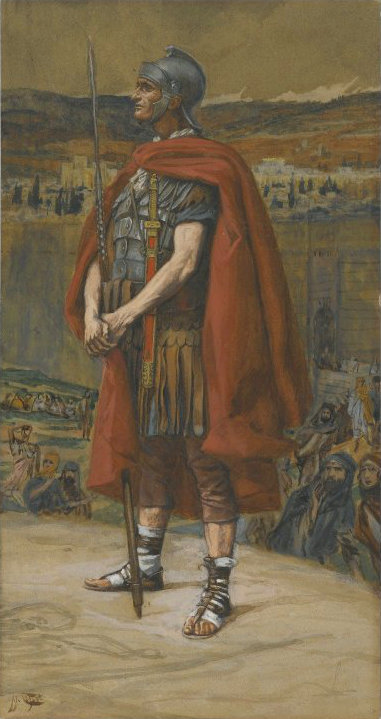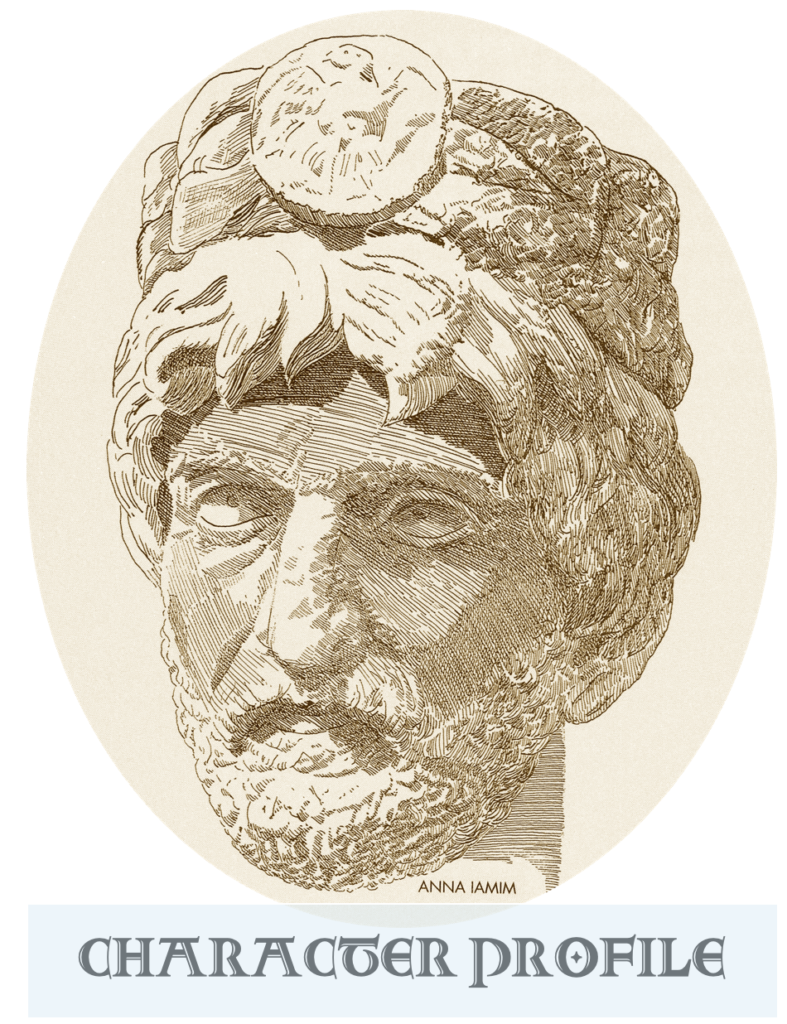The baptism of Cornelius, a Roman centurion, provoked controversy among the Jewish followers of Jesus. In this video Marc Turnage examines the figure of Cornelius, his role in the Book of Acts, and his place in first-century Jewish society.

We recommend the following Jerusalem Perspective articles for further study of related topics:
- Shmuel Safrai, “The Synagogue the Centurion Built”
- R. Steven Notley, “Can Gentiles Be Saved?”

































































































Comments 5
I did have one question though. Even though Messianic belief was/is Jewish and of course that’s not an issue; the real issue is whether or not the reverence of Jesus as God entered into the picture. Did Peter at this point believe this? Did he see these two seemingly separate roles (Messiah and God) as one in the same in Jesus? This is the real issue it seems that needs to be sorted out. Does this belief reveal itself in his message to Cornelius’ house or elsewhere?
“We are witnesses of everything he did in the country of the Jews and in Jerusalem. They killed him by hanging him on a cross, 40 but God raised him from the dead on the third day and caused him to be seen. 41 He was not seen by all the people, but by witnesses whom God had already chosen—by us who ate and drank with him after he rose from the dead. 42 He commanded us to preach to the people and to testify that he is the one whom God appointed as judge of the living and the dead. 43 All the prophets testify about him that everyone who believes in him receives forgiveness of sins through his name.”
Hi Joshua,
It’s difficult to answer your question directly, but it may be useful to know that as late as approximately 150 C.E. the Christian apologist Justin Martyr, although himself personally committed to belief in Jesus’ divinity, appears to have acknowledged that whereas the Messiahship of Jesus is the essential belief of all Christians, there is room for disagreement about the doctrine of Jesus’ divinity (Dialogue with Trypho, chapter 48). That such a vocal proponent of the doctrine of Jesus’ divinity would, at such a late date, concede that this doctrine is non-essential, says a lot about what teaching must have been like among Jesus’ followers at earlier stages.
Wow, that’s amazing.
Are you able illuminate the context of Peter’s message where he says, “receives forgiveness of sin through ‘his name'”. Does this have links to ‘All who call upon the name of the LORD will be saved’ — where Peter is basically replacing LORD or putting Yeshua along side LORD making him his equal?
Or (perhaps along the same vein) does this have connotations which run along passages, such as, “listen to all he tells you … for he will not forgive your rebellion (suggesting that he indeed does have the power to forgive?), for ‘my name is in him'” describing the Angel of the LORD in Exodus 23:21 (i.e. 2nd Power in Heaven — Alan Segal). So by invoking, ‘the name’ language, Peter was equating Yeshua with the LORD?
Or is this a baptismal like formula, baptized, “in the name of…”?
Or is this something else altogether?
Thank you Dr. Turnage! Great video, going to incorporate some of this into a sermon.
There’s lots more on the subject here, if it’s helpful: http://www.academia.edu/2408901/Interpreting_Peters_vision_in_Acts_10_9-16. Aside from the continued Torah-observance of Peter, a most striking feature of the story for me is Cornelius’ piety. God didn’t randomly choose any Gentile to be the first to receive the Holy Spirit; no, he chose a devout man who feared God and loved God’s chosen people.